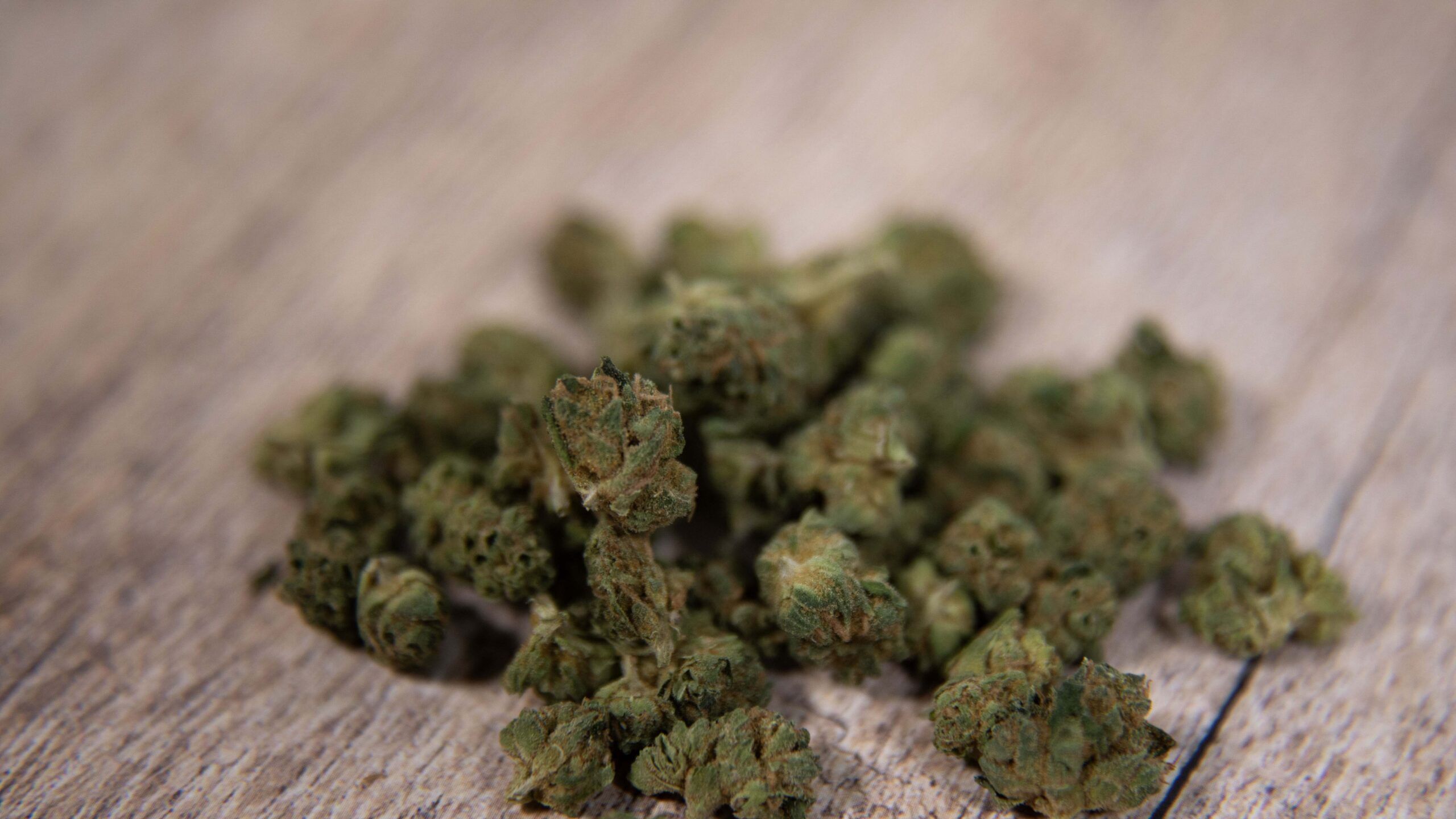Ensuring the safety and quality of medical cannabis is a top priority for dispensaries across Philadelphia. Under Pennsylvania’s Medical Marijuana Program, strict testing protocols are enforced to protect patients and ensure transparency about the products they consume.
Before any cannabis product makes it to dispensary shelves, it must pass a series of lab tests conducted by state-approved laboratories. These facilities are accredited to ISO/IEC 17025 standards, which means they meet international benchmarks for testing accuracy and reliability.
The testing process involves several key steps:
- Potency Testing: This analysis determines the levels of cannabinoids like THC and CBD in the product. Accurate labeling helps patients understand what they’re consuming and how it may affect them.
- Contaminant Screening: Labs check for harmful substances such as pesticides, heavy metals, residual solvents, and microbial impurities including mold, yeast, and bacteria. This ensures the product is clean and safe.
- Terpene Profiling: Terpenes are aromatic compounds that influence the flavor and effects of cannabis. While not always required, many labs provide terpene data to help patients select products that match their needs and preferences.
Testing is done at two main stages. First, after harvesting, raw cannabis flower is tested to detect any contamination from the growing process. Then, after processing — such as extraction for oils or edibles — a second round of testing ensures that the final product remains safe and accurately reflects its labeled potency.
This dual-stage testing process helps prevent health risks and ensures that products remain consistent from batch to batch. For patients who rely on cannabis for serious medical conditions, consistency and safety are not just preferences—they are necessities.
Each product batch that passes testing is issued a Certificate of Analysis (COA). This document includes detailed lab results, including cannabinoid levels, contaminant screening outcomes, and terpene profiles if applicable. Dispensaries are required to keep these COAs on file and make them available to patients upon request. Many patients find reassurance in knowing they can verify the safety and potency of what they’re purchasing.
The Pennsylvania Department of Health oversees the entire testing process. The department conducts inspections, audits lab practices, and monitors test result submissions through a centralized tracking system. This oversight helps ensure all cannabis products meet strict quality control standards before reaching dispensary shelves.
In addition, ongoing legislative efforts continue to strengthen Pennsylvania’s cannabis testing framework. Proposed laws aim to introduce even more rigorous testing practices, such as stability testing that would track potency over time, and expanded data reporting requirements for greater transparency.
For dispensary managers in Philadelphia, following these testing guidelines isn’t just about compliance—it’s about trust. Every product sold has been carefully vetted, and that gives patients peace of mind. When patients know their cannabis is tested, clean, and properly labeled, they’re more likely to feel confident using it as part of their medical care.
